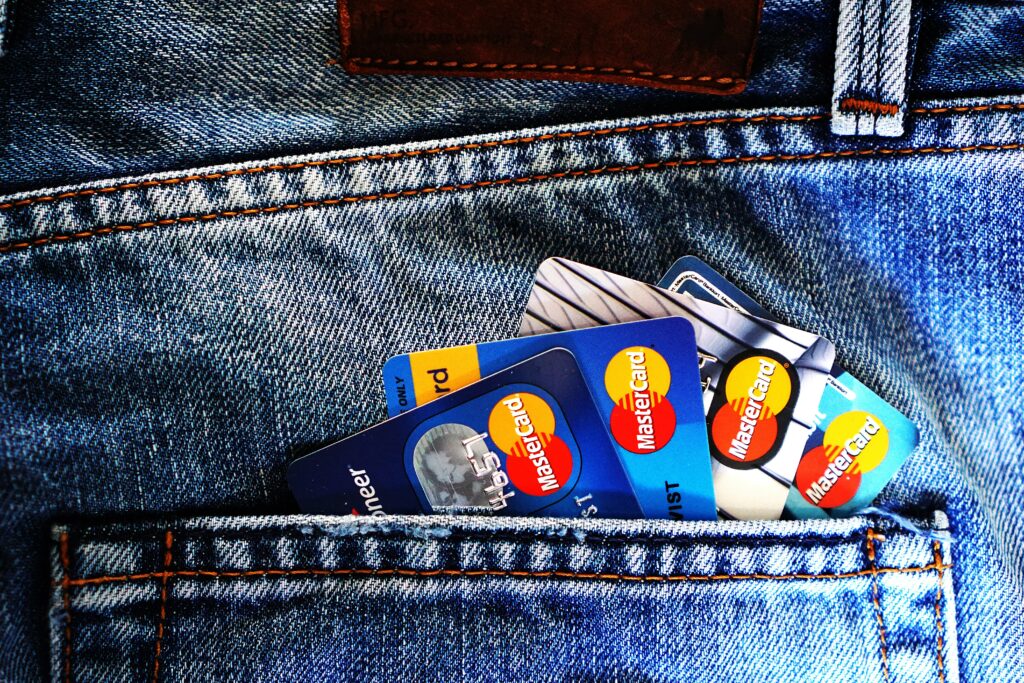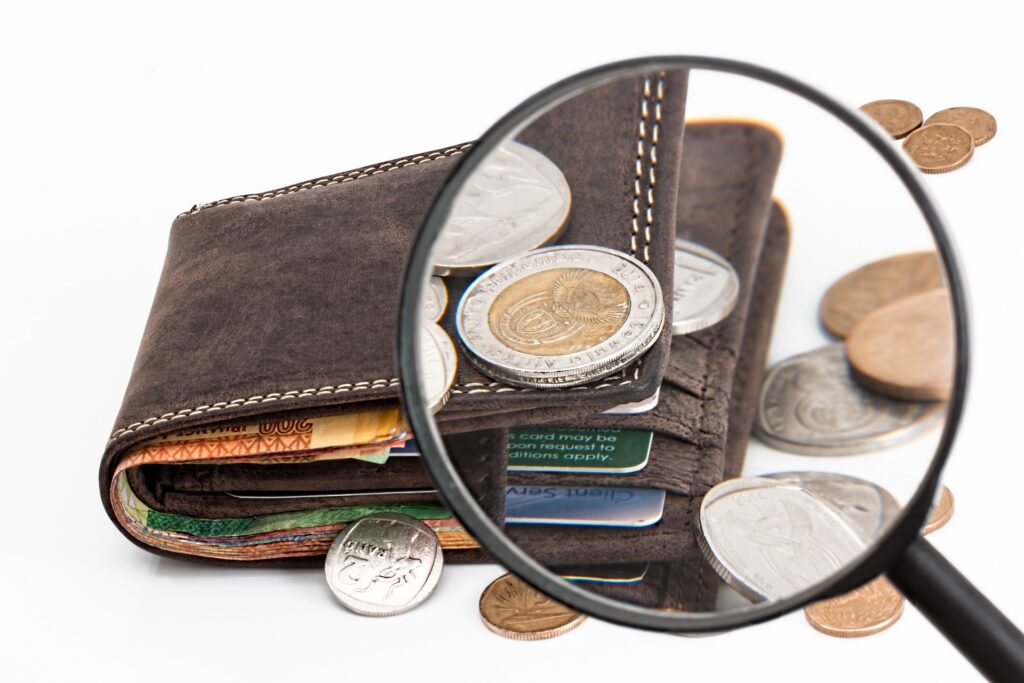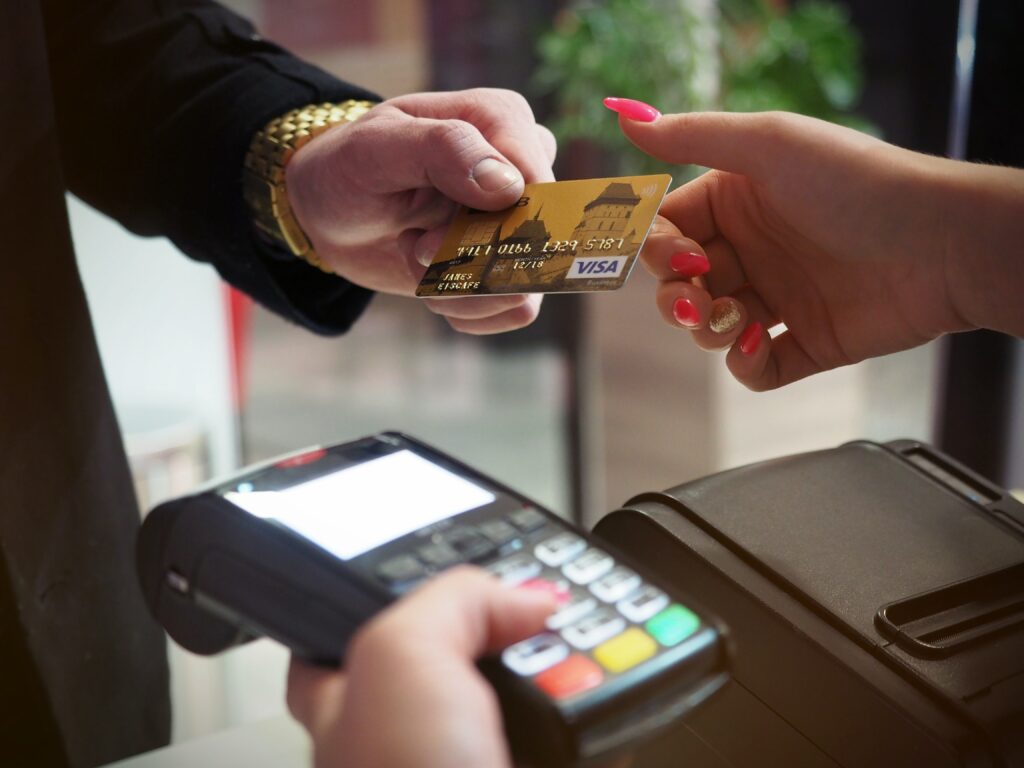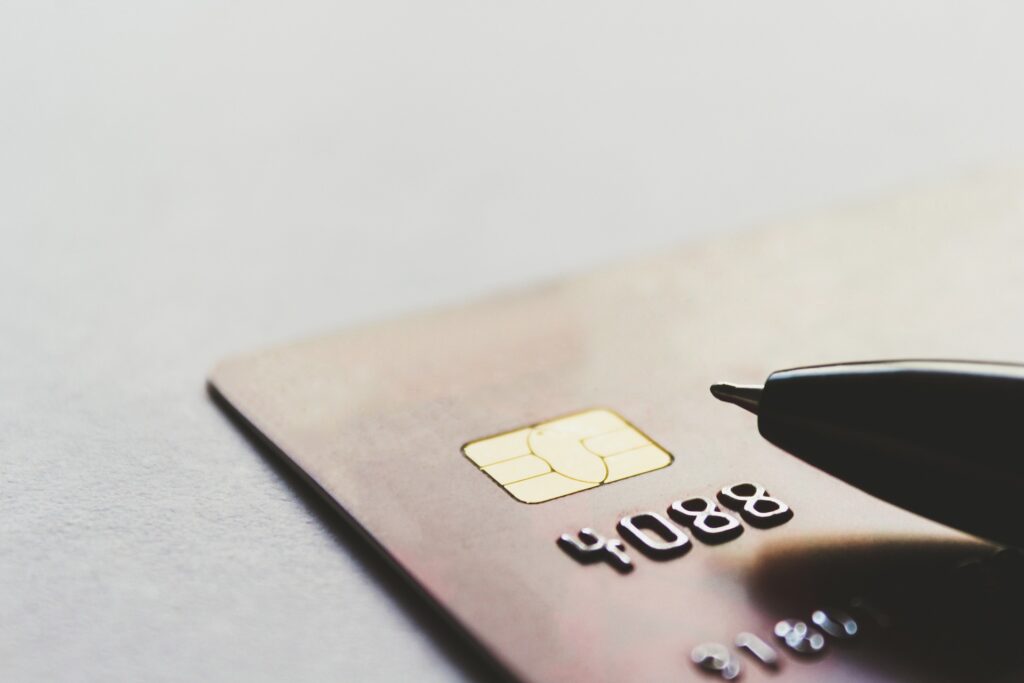What’s the difference between Credit and Debit Cards?

You may be wondering what the difference is between a credit card and debit card. Both can be used to make purchases or withdraw cash, but there are some key differences that you should be aware of. Here is a breakdown of the pros and cons of each type of card so that you can decide which one is the better option for you.
The Pros of a Credit Card
-Builds credit history- if you use your credit card wisely, it can help you build a good credit history, which will come in handy when you need to take out a loan for a major purchase in the future.
-Rewards and points programs- many credit cards offer rewards programs that allow you to earn points for each purchase that you make. These points can be redeemed for travel, merchandise, or cash back.
-Protection against fraud- if your credit card is stolen or used without your permission, you are not responsible for any unauthorized charges.
The Cons of a Credit Card
-Can lead to debt- if you don’t pay off your credit card balance in full each month, you will end up accruing interest on your purchases, which can quickly add up and leave you in debt.
-Annual fees- some credit cards come with annual fees that can range from $50-$500 depending on the card.
-Higher interest rates- interest rates on credit cards are usually higher than those on other types of loans such as mortgages or auto loans.
The Pros of having a Debit Card
-Can help people stick to a budget- since funds are immediately deducted from your bank account when making a purchase with a debit card, it can help people stay within their budget and avoid overspending.
-No interest charges- unlike with a credit card, you are not charged interest on purchases made with a debit card since the funds are coming directly from your bank account.
-Can be used anywhere Visa or Mastercard are accepted- debit cards can be used anywhere that Visa or Mastercard are accepted, which is virtually everywhere these days.
The Cons of having a Debit Card
-Limited protection against fraud- unlike with a credit card, if your debit card is stolen or used without your permission, you may only have 60 days to report the fraudulent activity before being held liable for the charges.
-Risk of overdraft fees if funds aren’t available in account when making a purchase- if you don’t have enough money available in your bank account when making a purchase with your debit card, you may be charged an overdraft fee by your bank.
-ATM fees if using an out-of network machine
-if you use an ATM outside of your bank’s network, you will likely be charged a fee ranging from $2-$5 per transaction.
Overall
When deciding whether to use a credit card or debit card, there are several factors that you should take into consideration such as whether you want to build credit, the fees associated with each type of card, and the level of protection against fraud that each offers. Ultimately, the best choice for you will depend on your individual financial needs and goals.




